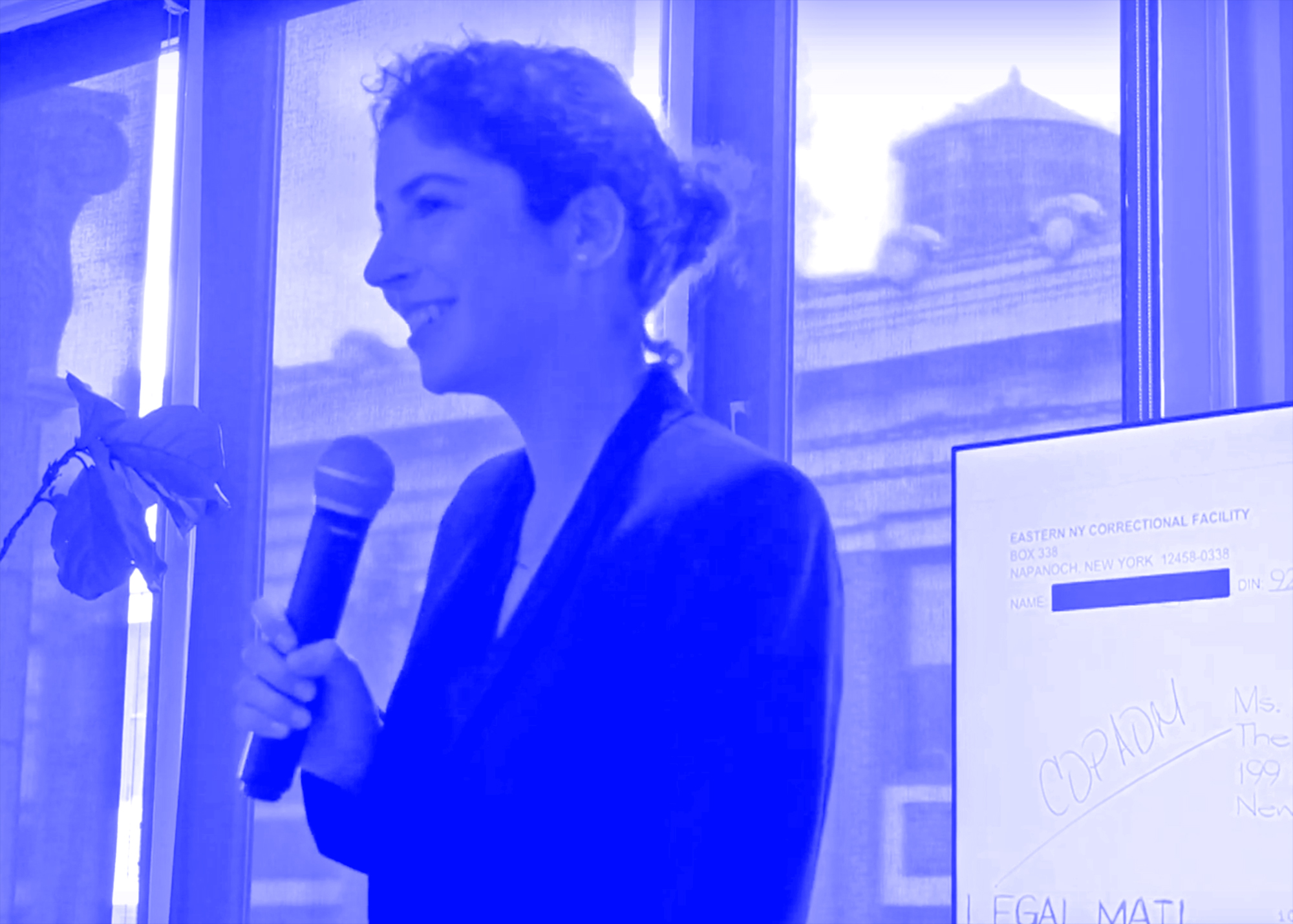Rebecca Wexler discusses the automation of the criminal justice system in America and the ownership of new technologies used by law enforcement. Automation is currently driving privatization. Wexler explains that “new criminal justice technologies are usually privately owned and sold for profit,” and as a result the trade secrets of developers producing these new tools are black-boxing our criminal justice system.
Forensic analysts rely on algorithms to match DNA, faces, and fingerprints. These algorithms often have source codes viewed as “trade secrets” and are therefore not released as evidence to the defendants or their lawyers – despite the defendant’s constitutional right to assess all evidence against them prior to trial. As computer systems continue to guide outcomes within criminal justice, we need to ask as a society: does the technology really work without error, bias, or fraud?
Data & Society Founder and President danah boyd moderated the conversation.
Data & Society’s Fellows Talks is a three-part Databite series showcasing our 2016-2017 fellows cohort. Each talk features 3 fellows speaking about their work, wide-ranging interdisciplinary connections, and a few of the provocative questions that have emerged this year. See the talks by Alice Marwick and Daniel Grushkin.
Rebecca Wexler helps criminal defendants access data that is material to their defense. She is a documentary filmmaker and member of the Yale Law School class of 2016. Rebecca works with The Legal Aid Society to advocate for more lenient criminal discovery laws; draft legal motions to compel disclosure of data and source code for forensic technologies; and build partnerships with technology companies to facilitate a reasoned approach to defendants’ requests for user information. She holds an MPhil from Cambridge University, and a BA from Harvard College.
About Databites
Data & Society’s “Databites” speaker series presents timely conversations about the purpose and power of technology, bridging our interdisciplinary research with broader public conversations about the societal implications of data and automation.


